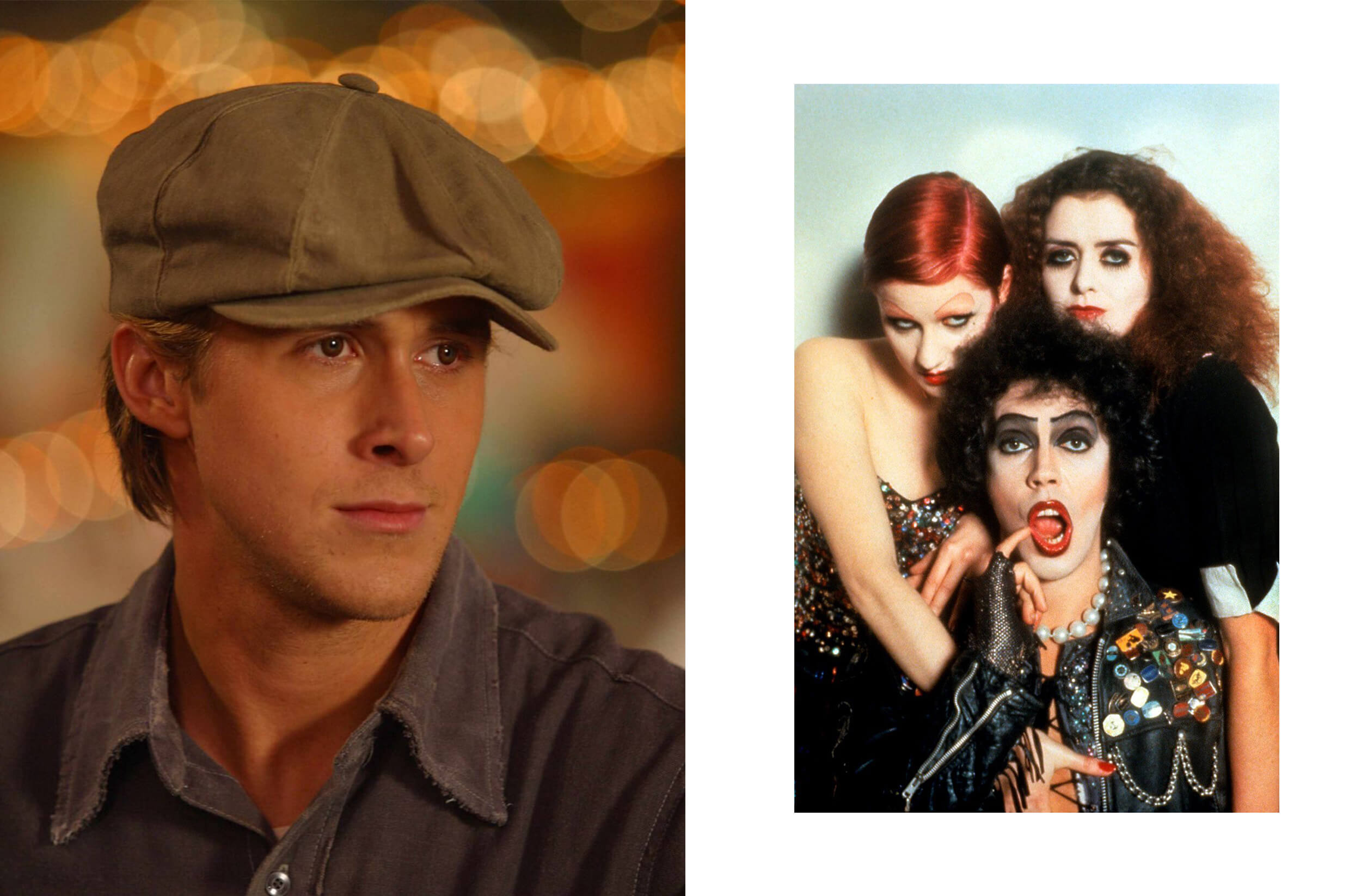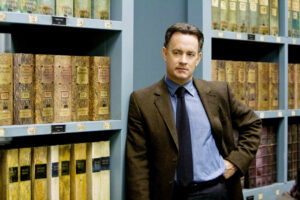In the motion picture industry, a highly unsuccessful movie, which also happens to be unprofitable during its theatrical run, is what’s called a ‘box-office flop’ or ‘box-office bomb.’ However, film history has proven so far that it is not impossible for movies which are initially considered fiascos and lose money at the box-office to recover and become popular with time; au contraire, there’s a rather long list of films which have been re-valued and have succeeded over time, long after their theater release and are now considered as absolute cults, up to a point where life’s become impossible to imagine without them.
Here’s our selection of the best box-office flops now become legendary, undeniable cults. Now, please note: as Timothée Chalamet once told Jimmy Fallon, commenting his own epic fall-off the chair during a Q&A at the New York Film Festival, “It’s all about the recovery.”
“Willy Wonka and the Chocolate Factory”
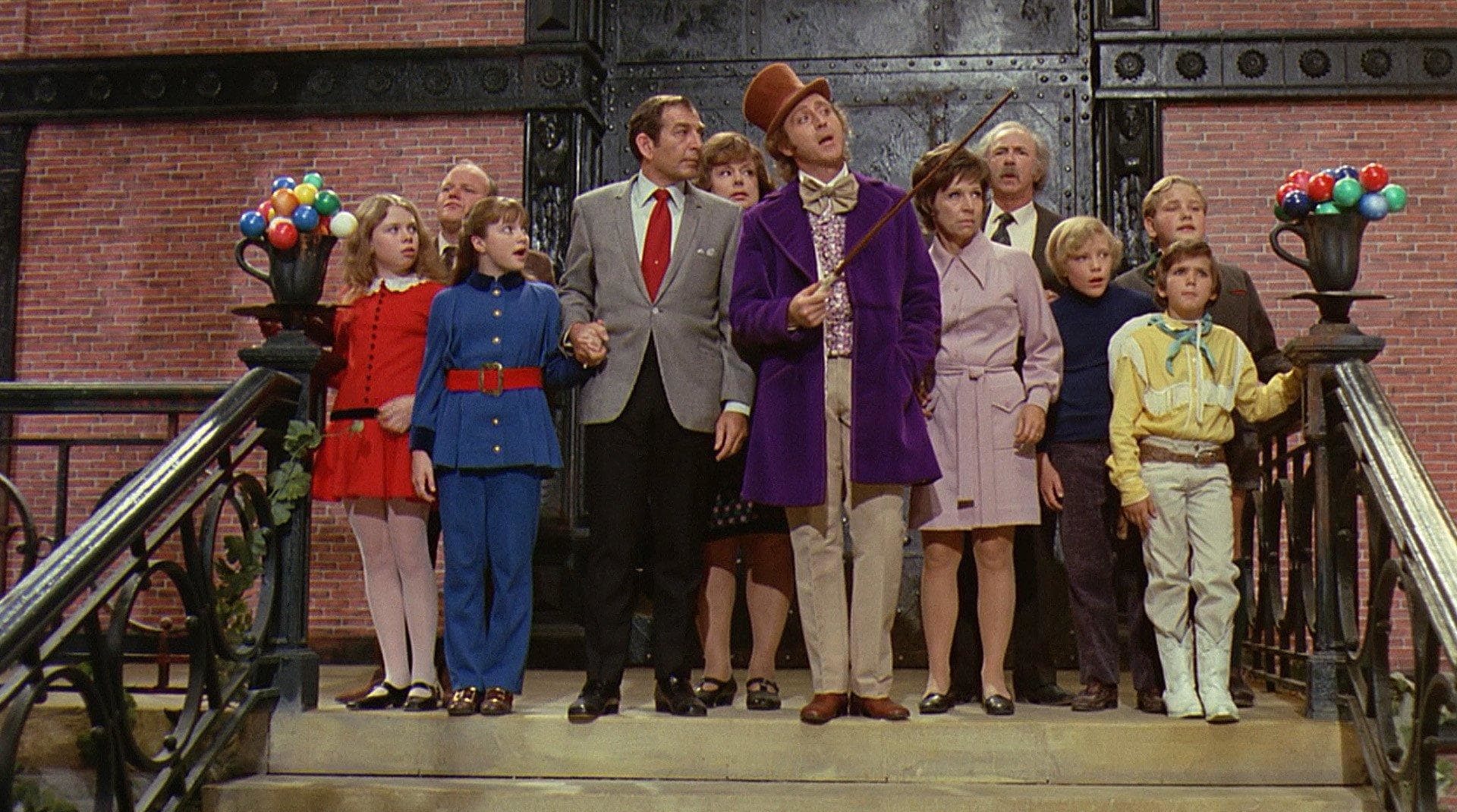
The very first movie adaptation of Roald Dahl’s novel – the story of poor child Charlie who finds in a chocolate bar the Golden Ticket that will take him to live the most unimaginable adventures in Willy Wonka’s famous chocolate factory – was not a big box-office success at the time of its release in 1971. Directed by Mel Stuart and starring Gene Wilder as chocolatier Wonka, Variety called the film “an okay family musical fantasy” with no “especially rousing or memorable songs;” on the same subject, the Los Angeles Times wrote that the tunes were “instantly forgettable,” while the Chicago Tribune complained, “anticipation of what Wonka’s factory is like is so well developed that its eventual appearance is a terrible letdown.”
Later on, the movie gained popularity and success thanks to its repeated broadcasts on TV and to VHS sales, reaching new generations of viewers over time. The movie is now considered one of the top cult movies of all time, in competition with its 2005 remake by Tim Burton.
“The Rocky Horror Picture Show”
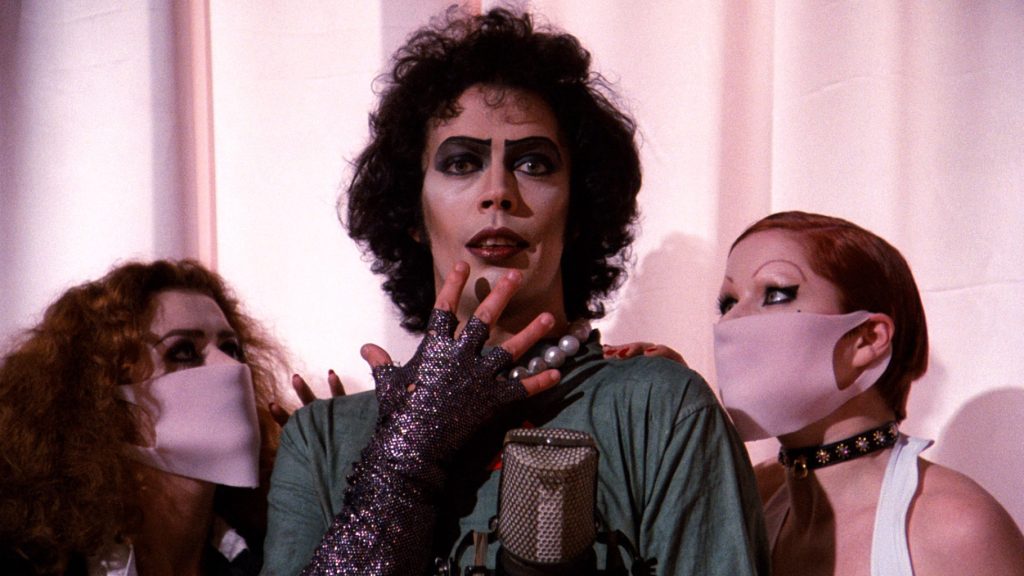
The musical comedy horror film by 20th Century Fox, directed by Jim Sharman, following the adventures of a young couple (Tim Curry and Susan Sarandon) seeking shelter from a thunderstorm in a castle occupied by strange people wearing kinky costumes, was a big failure upon its theatrical release in 1975. The American magazine Newsweek called it “tasteless, plotless and pointless;” the Chicago Sun-Times defined it as a “social phenomenon” more than a movie and the Chicago Reader claimed that the songs “all sound the same.” Panned by critics and found boring by the audiences, the movie soon became a midnight movie, to which audiences surprisingly started to participate in a rather active way. From 1977 on, as midnight showing continued, people didn’t just go to see “The Rocky Horror Picture Show,” they actually went to live it, shouting back at the screen as the film played and wearing similar costumes and props to those worn by the actors.
With each passing year, with the movie being usually shown around Halloween, its international following grew and grew, and the film has now become an absolute cult, considered by many as one of the greatest, most aesthetically significant musical films of all time.
“Blade Runner”
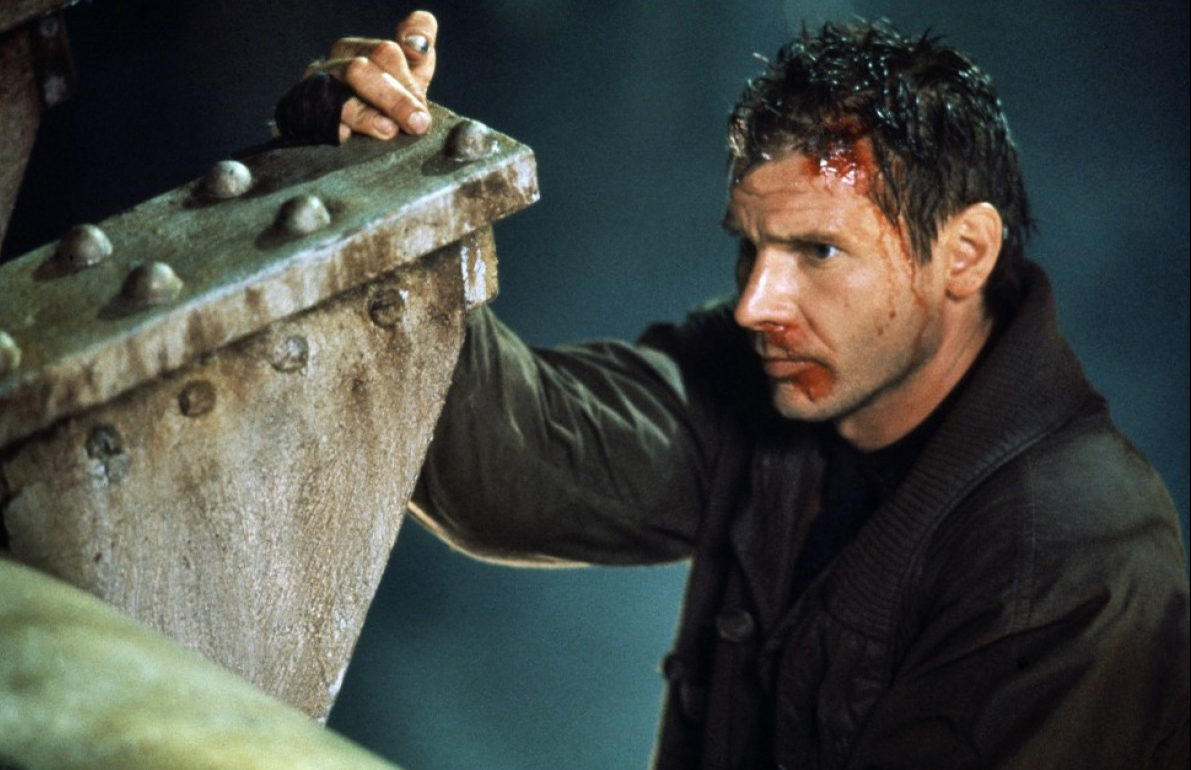
The 1982 quintessential science-fiction movie, one of the kings of the genre, directed by Ridley Scott and starring Harrison Ford, Rutger Hauer and Sean Young, was poorly acclaimed by both film critics and audiences, flopping especially in North American theatres. The film, set in a dystopian future Los Angeles of 2019 populated by bio-engineered synthetic humans, was quite misunderstood when it first opened in theatres. Columbia Record called it “science fiction pornography,” film critic Roger Ebert described the “human story” as “clichéd and a little thin,” others claimed that the plot was weak compared to the film’s special effects. However, the box-office bomb ended up building a growing cult around it, over the years, thanks to its home video formats’ huge success, which led both critics and audiences to better analyze it and reconsider its value and genius.
The movie is now considered a sci-fi masterpiece, a big influence for many directors, chief among them Denis Villeneuve who directed its sequel “Blade Runner 2049,” and one of the most acclaimed cult films ever made.
“Matilda”
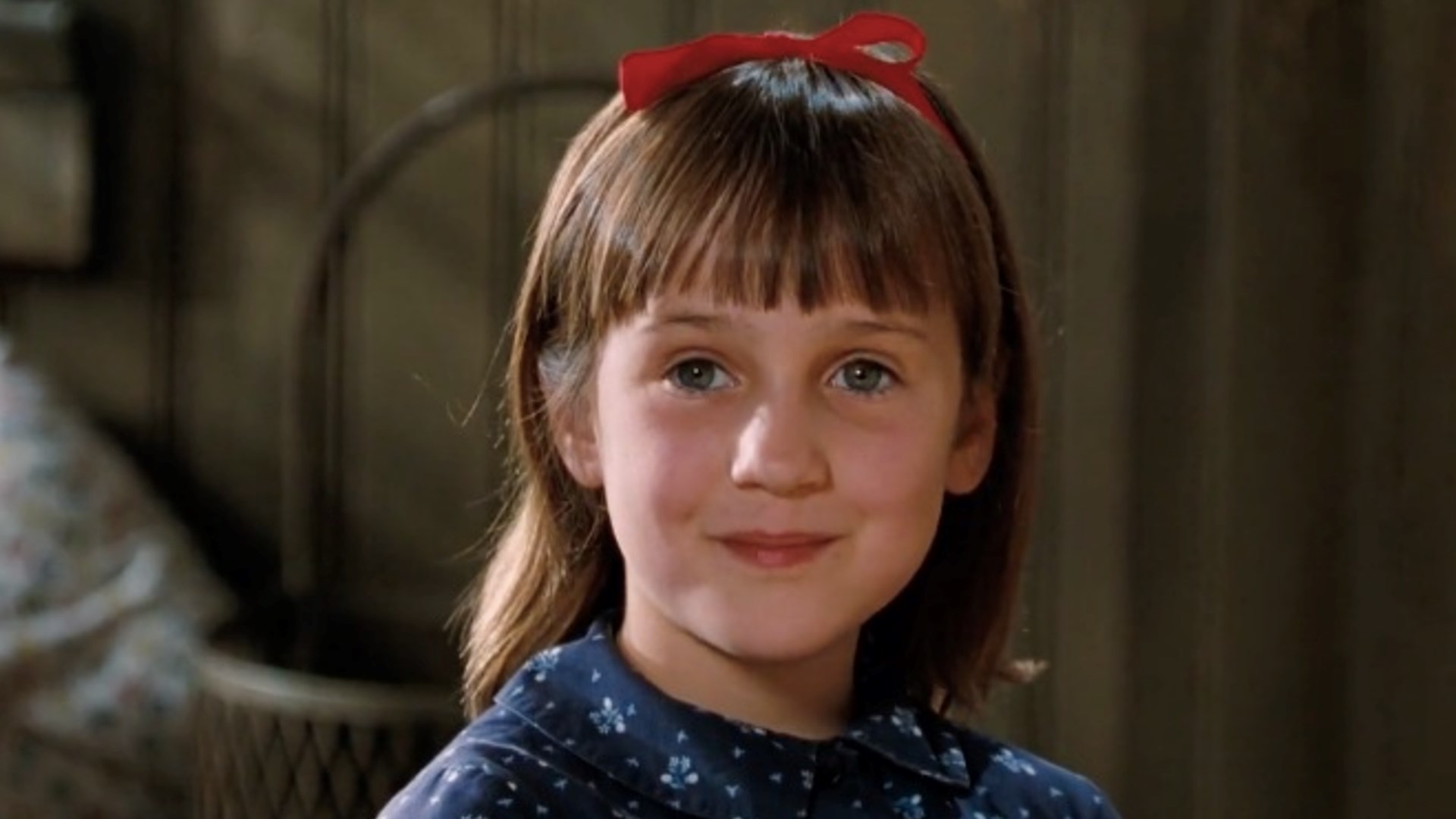
Based on Roald Dahl’s novel of the same name, the 1996 movie by Denny DeVito tells the story of a young genius girl named Matilda who uses her psychokinetic abilities to handle her family and the tyrannical principal of her elementary school. Upon its theatrical release, the movie received positive reviews by film critics: the Chicago Times praised the film’s oddity, Variety defined it as “exuberantly quirky enough to please almost anyone.” However, the movie didn’t register well with audiences: maybe it was just too odd and too ahead of its time? Anyway, the late 1990s box-office bomb has now become a cult family movie you couldn’t imagine your life without.
“Fight Club”
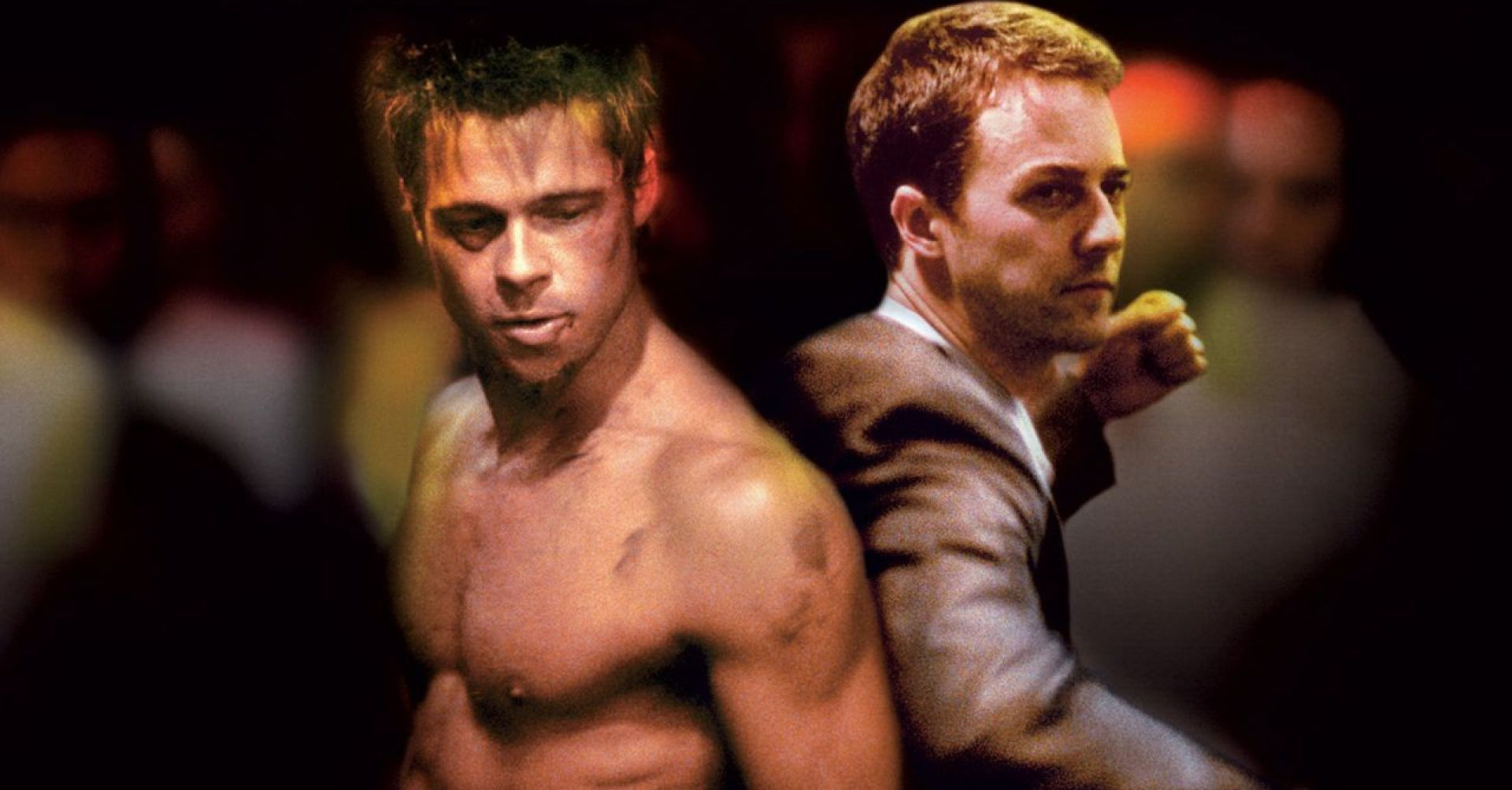
David Fincher’s 1999 American drama, based on Chuck Palahniuk’s novel of the same name, follows the adventures of an unknown narrator (Edward Norton) after he meets Mr. Tyler Durden (Brad Pitt) on a business trip: the two of them end up forming a fight club as a way to release their latent aggressive tendencies. The movie was a big box-office bomb: it failed Fox 2000 Pictures’ expectations and received negative reactions from critics, cited as controversial and violent. Stephen Hunter from the Washington Post defined the movie as “a hymn of praise to anarchy and chaos,” adding the most unbelievable confession: “I don’t even like Brad Pitt very much;” Entertainment Weekly’s Lisa Schwarzbaum stated that “If, as Fincher has said, this movie is supposed to be funny, then the joke’s on us.”
The film later found commercial success with its DVD release, becoming the quintessential cult movie that we know of today.
“Almost Famous”
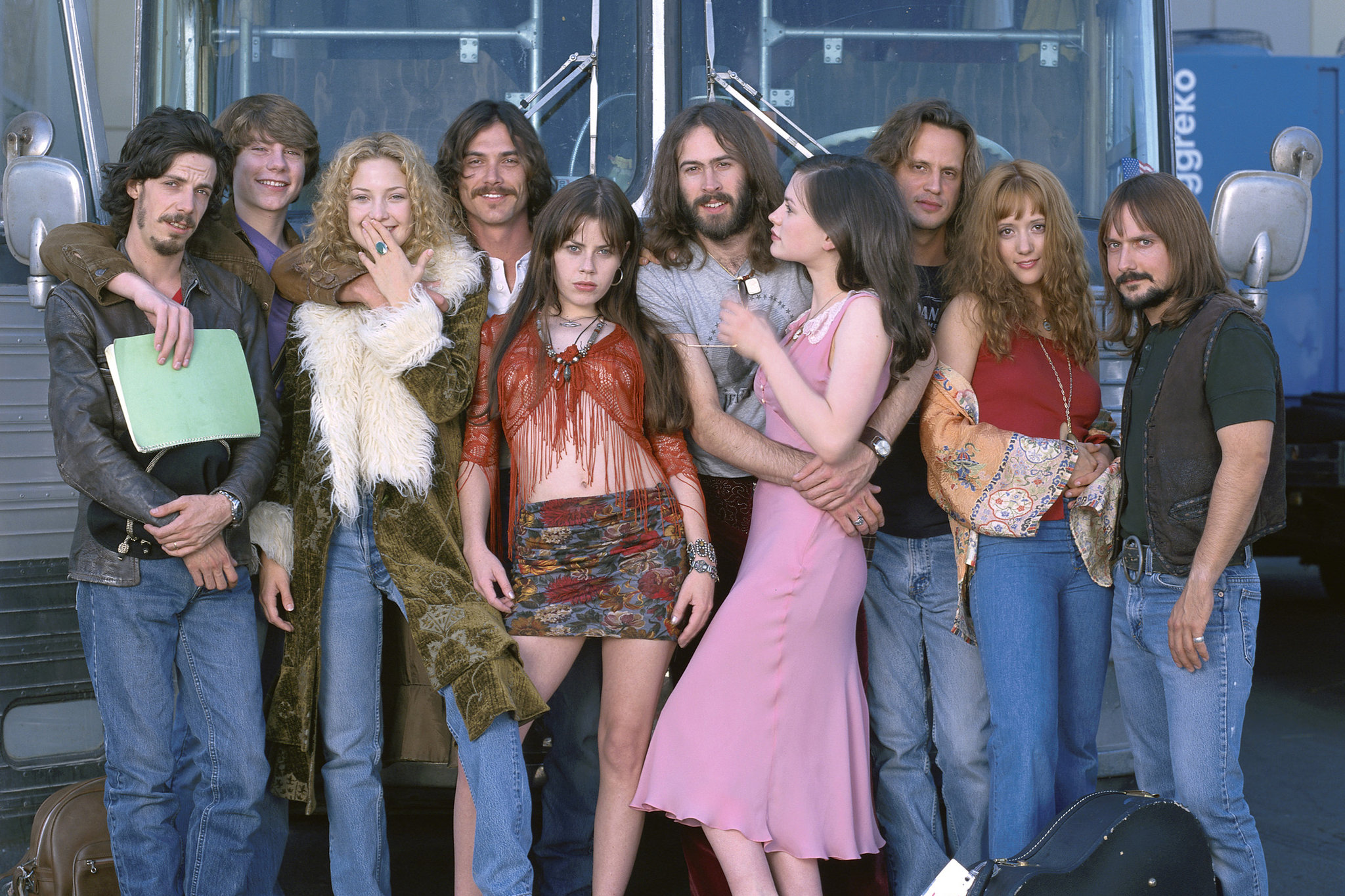
The 2000 American comedy-drama by Cameron Crowe, starring Billy Crudup, Frances McDormand, and some famous stars of the future like Kate Hudson, Philip Seymour Hoffman, Jimmy Fallon and Zoey Deschanel, is a case of a movie with a miserable opening: despite the positive critical reviews it received after premiering at the Toronto Film Festival, the film was given a limited theatrical release and failed to make a profit. Perhaps also because of its opening just 363 days before 9/11, the movie turned out to be a box-office flop. Despite the negative comments by some American newspapers, who criticized the acting and the credibility of the 1970s scenario, the story of the teenage journalist writing for Rolling Stone and touring with a fictitious rock band in the hope of getting her first cover story published, was multi-awarded at the Academy, Grammy and Golden Globe Awards, and has now become an international cult, one of the very few cinematic celebrations of rock n’ roll with a huge cultural impact.
“Donnie Darko”
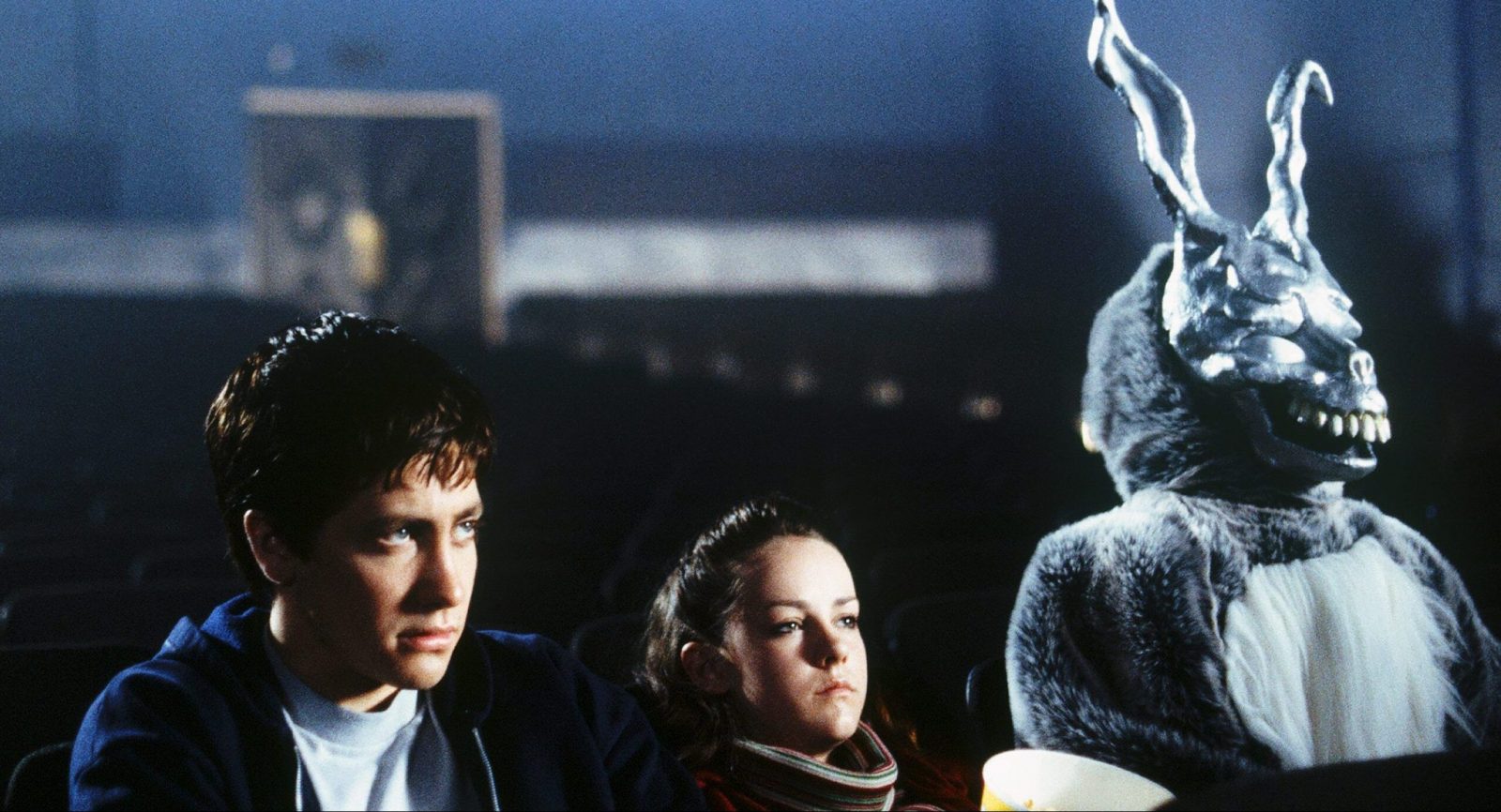
The 2001 science fiction psychological thriller signed Richard Kelly, starring the young Gyllenhaal siblings, had the most unfortunate debut: the film was very scarcely advertised due to its trailer featuring a crashing plane and the 9/11 attacks that took place just a month before its opening. It received a limited theatrical release and was a miserable box-office flop. However, released on VHS and DVD a year later, it immediately became a surprising success, with critics and audience praising the story, acting and soundtrack (the movie features some evergreen hits such as “Love Will Tear Us Apart” by Joy Division and the all-time famous cover of Tears for Fears’ “Mad World” by Gary Jules.) The story of the dangerous, blackmail based relationship between young Donnie (Jake Gyllenhaal) and his imaginary giant bunny-friend has now developed a cult following and become one of the masterpieces of the cinema of our times.
“Love Actually”
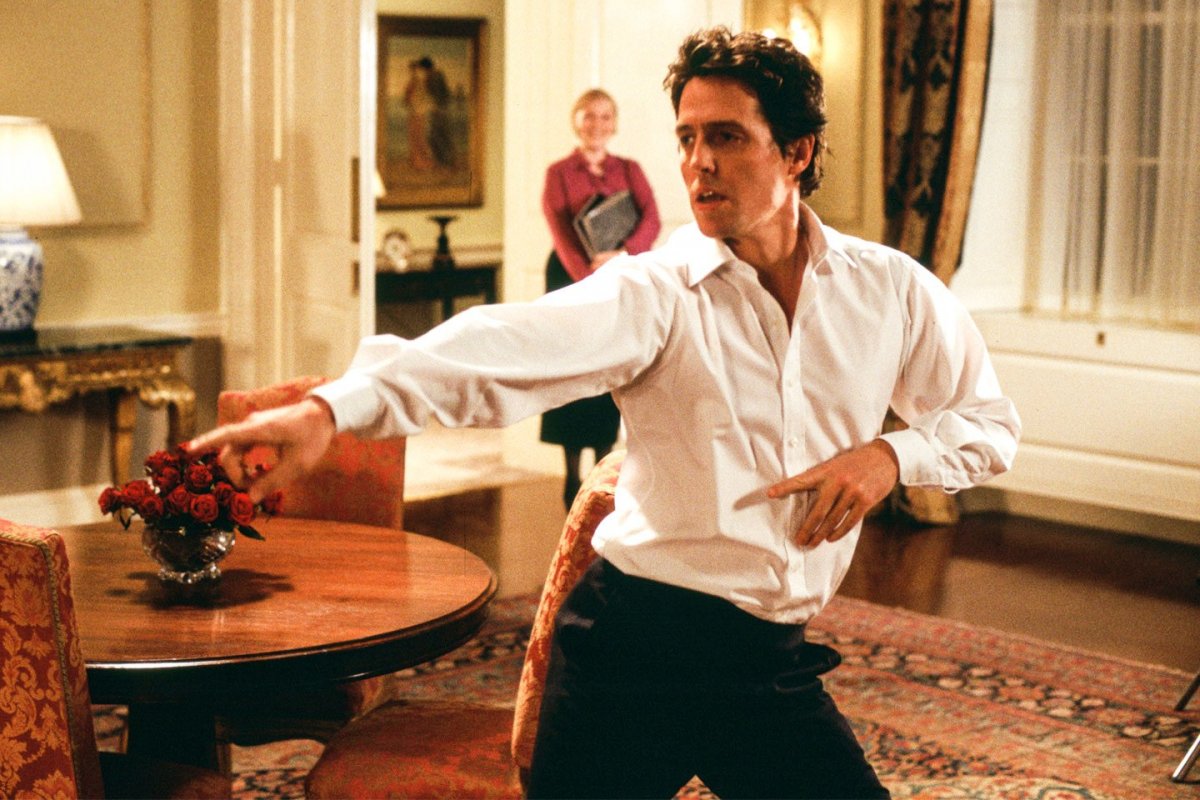
Released in the US and in the UK in November 2003, the British rom-com by Richard Curtis, starring Hugh Grant, Keira Knightly, Colin Firth, Emma Thompson and Alan Rickman, received mixed reviews on its theatrical opening. The interrelated storylines of eight couples dealing with their love lives in a London lit by the Christmas lights turned out to be way more popular with international audiences than film critics. Upon its release, Rotten Tomatoes defined the movie as “A sugary tale overstuffed with too many stories,” the New York Times called it “an indigestible Christmas pudding” and The Guardian claimed that “none of the little plots is all that funny or humanly convincing and none has room to breathe or develop.”
Frequently shown during the Christmas season, the movie has now become a rom-com staple worldwide, taking its revenge on 2003 critical bitterness.
“The Room”
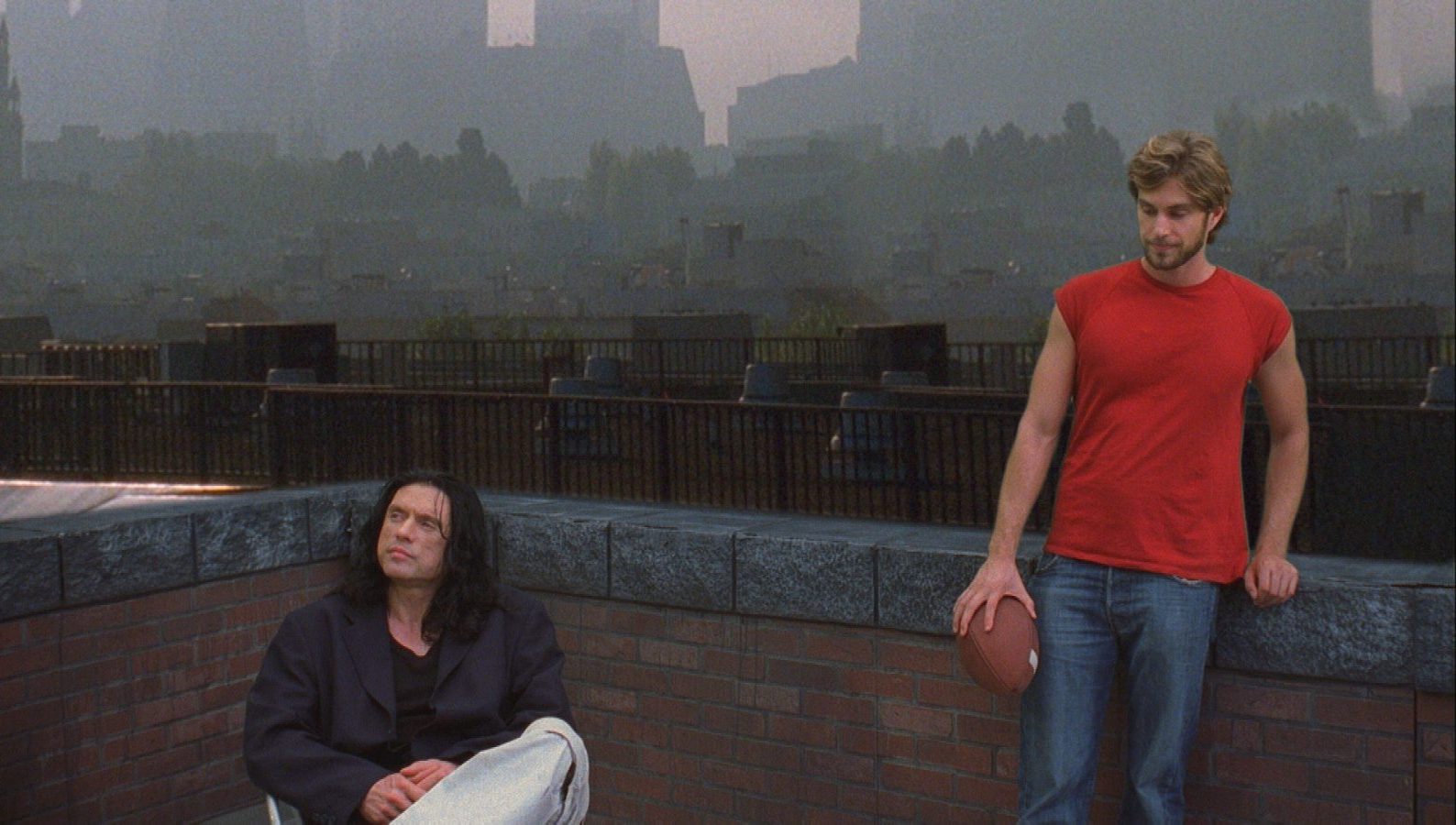
Originally labeled as one of the worst films ever made, the 2003 American romantic drama written by, directed by, and starring Tommy Wiseau revolves around the love triangle between banker Johnny (Wiseau), who’s crazy in love with his fiance-to-be Lisa (Juliette Danielle), who’s in love with Johnny’s best friend Mark (Greg Sestero). Upon its release in the United States, the movie was a huge box-office flop; according to several publications of the time, the audience used to laugh at the screen as the film played, and it often happened that many of them asked for their money back even before the end of the screening. “The Room” was also destroyed by most of the film critics, who complained about the terrible acting, screenplay, score, cinematography and direction. This miserable debut didn’t stop the film from becoming a cult: its unconventional storytelling and ridiculous acting have earned it the sympathy of the viewers over time, and now it’s acquired the status of best worst movie ever made. Moreover, in 2017 James Franco directed and starred in “The Disaster Artist,” based on Greg Sestero’s memoir of the making of “The Room,” giving Wiseau’s big flop new life and following.
“The Notebook”
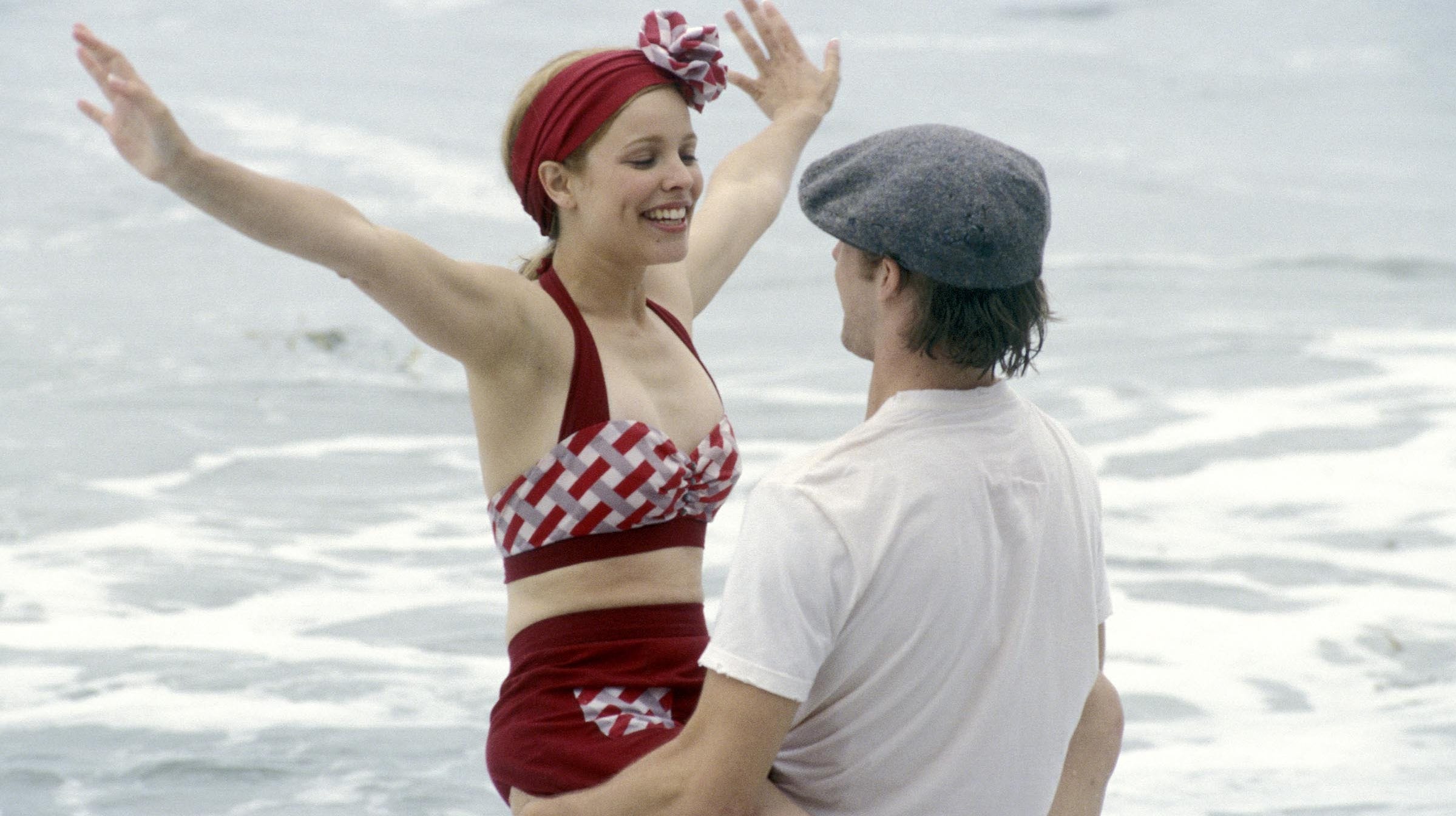
The 2004 romantic drama directed by Nick Cassavetes, based on Nicholas Sparks novel and starring Ryan Gosling and Rachel McAdams as a young couple living the most romantic love story in the 1940s, received generally mixed reactions from film critics. Upon the movie’s theater release, the Seattle Post-Intelligencer complained that “its romantic casting just doesn’t spark: it doesn’t make us fall in love with its lovers,” while the Guardian called the movie “a grisly Titanic knockoff.”
Despite its cold reception, the movie has turned out to be what they call a ‘sleeper hit,’ a movie that has taken its time before becoming the cultural phenomenon it is today. Let’s be real, after all: who’s never dreamed of being passionately kissed under the rain by a Gosling or a McAdams?

